Teologia De La Creacion Del Un – (Spanish)
$39.99
rata la cuestion de Dios, pero orientada tan solo a su relacion con el Cosmos; y prescinde explicita y radicalmente de su relacion con el hombre.
La intencion de esta obra consiste en “determinar” la naturaleza de Dios en su relacion con el universo.
Concreta y analiza los denominados atributos cosmicos de Dios. Se analiza el problema, o los problemas, del universo a lo largo de la historia humana desde la perspectiva propiamente cientifica.
Para ello, se ofrece un estudio historico aceptablemente pormenorizado de las conexiones, los acuerdos y los desacuerdos, entre el concepto de Dios y el concepto del Universo, y la de su posible relacion.
The intention of this book is to determine the nature of God in His relationship to the universe.
It focuses on and analyzes the so-called “cosmic” attributes of God. It analyzes the problem, or problems, of the universe in all human history, from a properly scientific point of view.
And offers an acceptably detailed historical study of the connections, agreements, and disagreements of the concept of God and the concept of the universe and their possible relationship.
in stock within 3-5 days of online purchase
SKU (ISBN): 9788416845897
ISBN10: 8416845891
Language: Spanish
Francisco DePosada
Binding: Trade Paper
Published: October 2018
Publisher: Editorial Vida
Print On Demand Product
Related products
-
40 Questions About Arminianism
$27.99The actual life and teaching of Jacobus Arminius are often unknown or misunderstood across many Protestant traditions. Answers beyond a basic caricature can be elusive. What are the essential historical backgrounds of Arminianism, and what theological teachings connect to the Arminian point of view? Mixing solid historical research with biblical and doctrinal precision, Baptist scholar J. Matthew Pinson clarifies the foundations of this influential tradition.
40 Questions About Arminianism addresses the following questions and more:
*Who was Jacobus Arminius?
*How has the church interpreted God’s desire that everyone be saved?
*How is Arminianism different from Calvinism?
*Can one be both Reformed and Arminian?
*What is “universal enabling grace”?
*What do Arminians mean by “free will”?
*Do Arminians believe that God predestines individuals to salvation?
*Is it possible for a Christian to apostatize?An accessible question-and-answer format helps readers pursue the issues that interest them most and encourages a broad understanding of historic and contemporary Arminianism, with additional resources available at 40questions.net.
Add to cart1 in stock
-
Misreading Scripture With Western Eyes
$18.00Introduction: Coming To Terms With Our Cultural Blinders
Part One: Above The Surface
1. Serving Two Masters: Mores
2. The Bible In Color: Race And Ethnicity
3. Just Words? LanguagePart Two: Just Below The Surface
4. Captain Of My Soul: Individualism And Collectivism
5. Have You No Shame? Honor/Shame And Right/Wrong
6. Sand Through The Hourglass: TimePart Three: Deep Below The Surface
7. First Things First: Rules And Relationships
8. Getting Right Wrong: Virtue And Vice
9. Its All About Me: Finding The Center Of Gods WillConclusion: Three Easy Steps For Removing Our Cultural Blinders?
Acknowledgments
Resources For Further Exploration
NotesAdditional Info
What was clear to the original readers of Scripture is not always clear to us. Because of the cultural distance between the biblical world and our contemporary setting, we often bring modern Western biases to the text. For example: When Western readers hear Paul exhorting women to “dress modestly,” we automatically think in terms of sexual modesty. But most women in that culture would never wear racy clothing. The context suggests that Paul is likely more concerned about economic modesty–that Christian women not flaunt their wealth through expensive clothes, braided hair and gold jewelry.Some readers might assume that Moses married “below himself” because his wife was a dark-skinned Cushite. Actually, Hebrews were the slave race, not the Cushites, who were highly respected. Aaron and Miriam probably thought Moses was being presumptuous by marrying “above himself.”Western individualism leads us to assume that Mary and Joseph traveled alone to Bethlehem. What went without saying was that they were likely accompanied by a large entourage of extended family. Biblical scholars Brandon O’Brien and Randy Richards shed light on the ways that Western readers often misunderstand the cultural dynamics of the Bible. They identify nine key areas where modern Westerners have significantly different assumptions about what might be going on in a text. Drawing on their own crosscultural experience in global mission, O’Brien and Richards show how better self-awareness and understanding of cultural differences in language, time and social mores allow us to see the Bible in fresh and unexpected ways. Getting beyond our own cultural assumptions is increasingly important for being Christians in our interconnected and globalized world. Learn to read Scripture as a member of the global body of Christ.Add to cart1 in stock (additional units can be purchased)
-
Cities Of Tomorrow And The City To Come
$11.99Sometime around 2008, a demographic shift of historic proportions took place, a watershed moment in which, for the first time in history, more than 50% of the world’s population lived in cities. The percentage of city-dwellers is projected to swell to more than 70% by 2050. While many of today’s cities concentrate wealth and power, they also house some of the most vulnerable populations and distressed communities in the world. The juxtaposition of affluence and poverty in urban areas raises questions of justice. Cities also concentrate opportunity and attract diverse populations. Five Western cities-Chicago, London, New York, Los Angeles, and Toronto-include people of nearly every ethnic background on the face of the planet. These “cosmopoli’, and other diverse cities throughout the world, raise important questions about community, identity, and diversity. As part of Zondervan’s Ordinary Theology series, Noah Toly’s Cities of Tomorrow and the City to Come reflects on the tensions between contemporary urban life and Christian theology. How are Christians to live between the already, the “cities of tomorrow” in our world, and the not yet, the “city yet to come” (Hebrews 13:14)? He guides readers toward cultivating two types of imagination in response: the prophetic on one hand, emphasizing important distinctions between one city and another, and the apocalyptic on the other, emphasizing the infinite distance between any city and the City of God.
Add to cart2 in stock
-
Surprised By Hope
$15.99For years Christians have been asking, “If you died tonight, do you know where you would go?” It turns out Christians have been giving the wrong answer. It is not heaven.
One of today’s premier Bible scholars and award-winning author N.T. Wright outlines the present confusion about a Christian’s future hope and shows how it is deeply intertwined with how we live today. Wright shows that Christianity’s most distinctive idea is bodily resurrection. First, he provides a magisterial defense of a literal resurrection of Jesus himself. This became the cornerstone for the Christian community’s hope in the bodily resurrection of all people at the end of the age. Next Wright explores our expectation of “new heavens and new earth,” showing what happens to the dead until then and what will happen with the “second coming” of Jesus. For many, including many Christians, all this will come as a great surprise.
Wright convincingly argues that what we believe about life after death directly affects what we believe about life before death. For if God intends to renew the whole creation – and if this has already begun in Jesus’s resurrection – the church cannot stop at “saving souls” but must anticipate the eventual renewal by working for God’s kingdom in the wider world, bringing healing and hope in the present life.
Lively and accessible, this book will surprise and excite all who are interested in the meaning of life, not only after death but, before it.
Add to cart2 in stock

 God I Need To Talk To You About Bad Words
God I Need To Talk To You About Bad Words
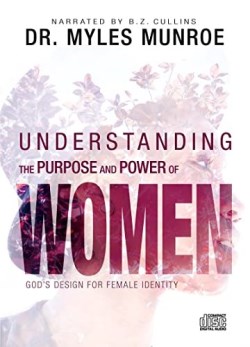 Understanding The Purpose And Power Of Women (Audio CD)
Understanding The Purpose And Power Of Women (Audio CD)
 Reusable Fashion Shopping Tote Bag for Women: His Mercies are New Every Morning
Reusable Fashion Shopping Tote Bag for Women: His Mercies are New Every Morning
 Cherished Girl Floral Cross (3XL T-Shirt)
Cherished Girl Floral Cross (3XL T-Shirt)
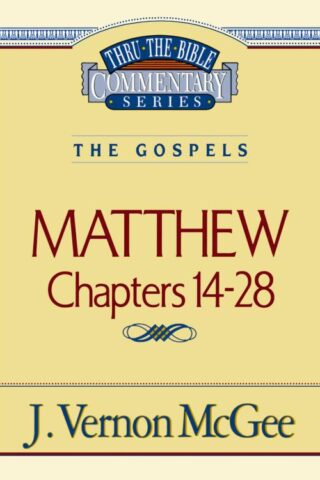

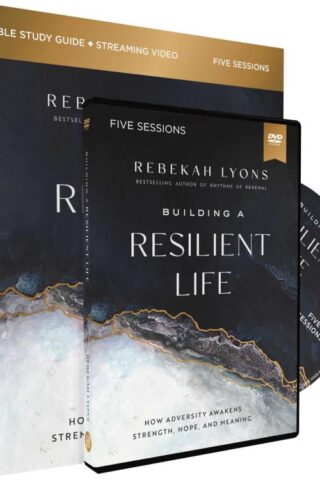

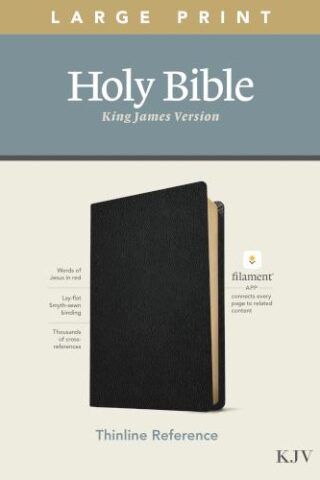
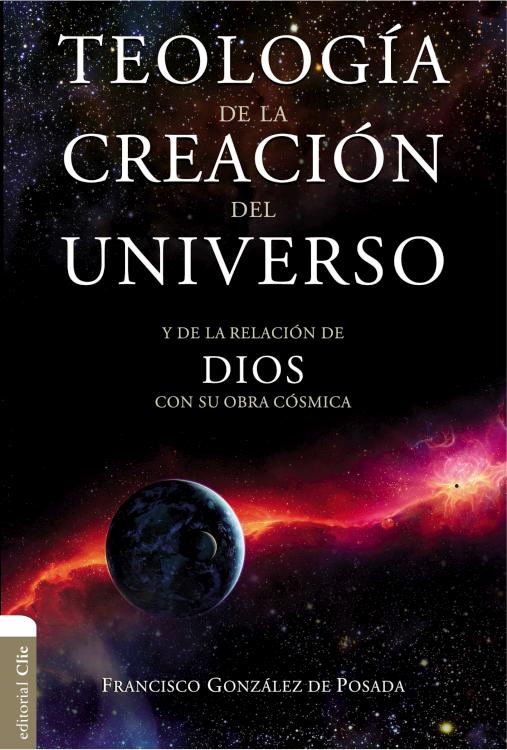
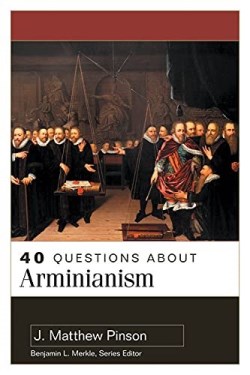
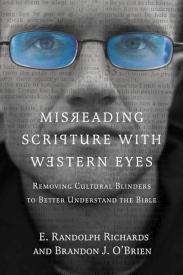
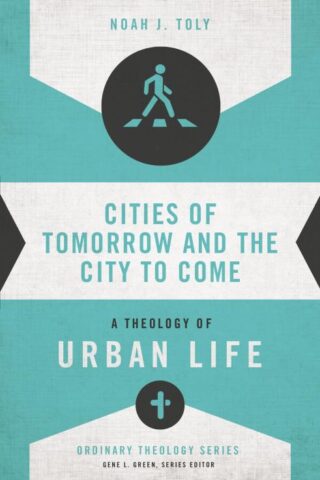
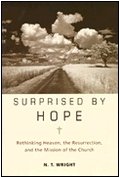
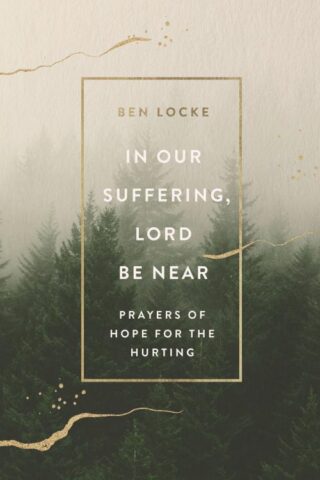
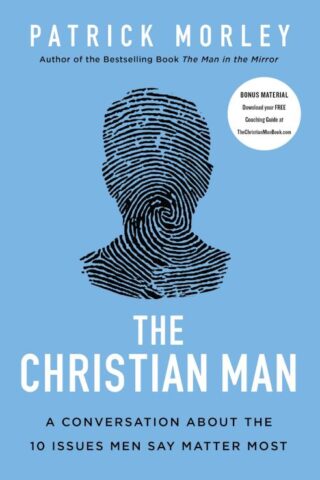
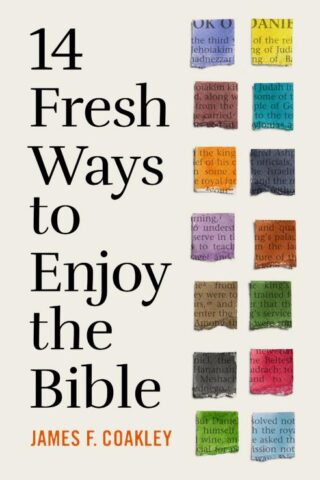
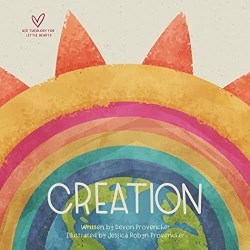
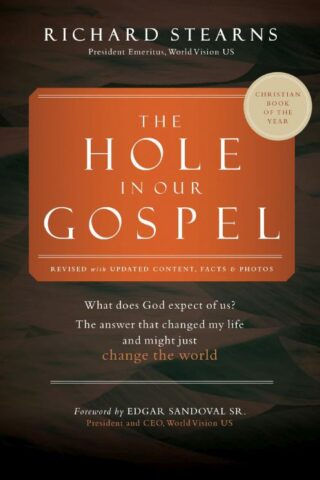
Reviews
There are no reviews yet.